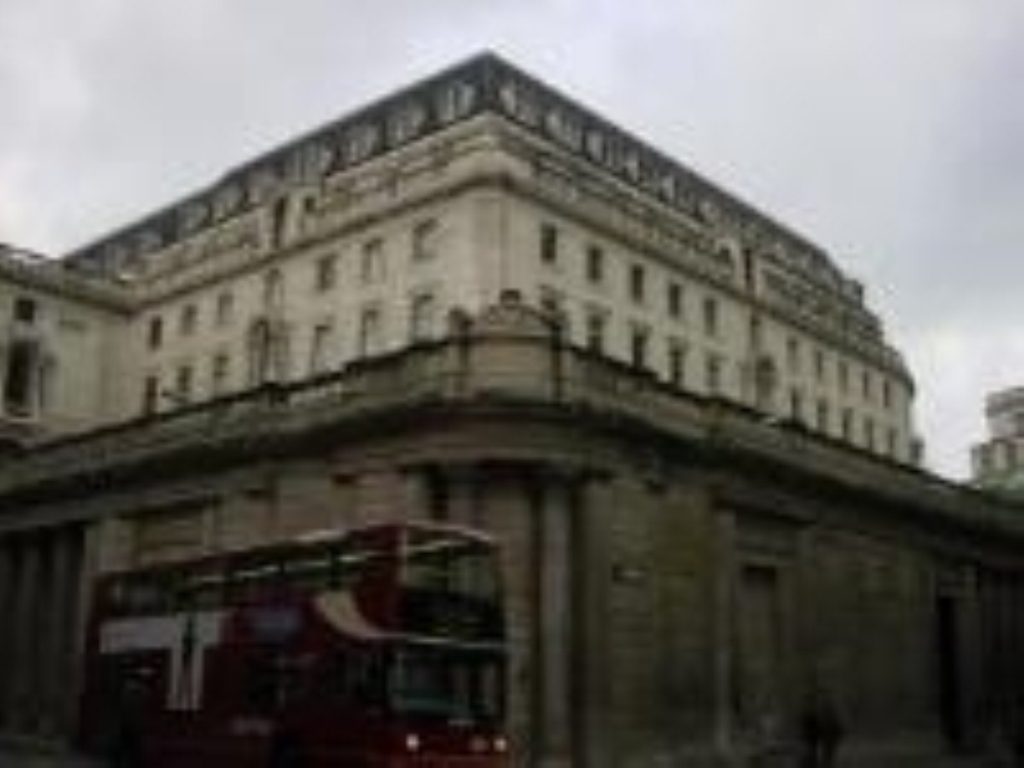Interest rates cut to 3.5%
The Bank’s Monetary Policy Committee (MPC) has decided to cut interest rates by 0.25% to 3.5%. This was the first MPC meeting to be chaired by the Bank’s new Governor, Mervyn King.
The Bank stated that slower consumer demand and subdued private investment have so far offset the impact of higher public spending and although inflation is currently above the 2.5% target, the MPC believes that is the result of temporary factors which are expected to unwind in the coming months.
The Bank had been reluctant to cut rates over the past few months to avoid stoking the booming housing market in the UK whilst manufacturing languished in recession over the past eight quarters. However, recent surveys have shown that the inflationary pressures caused by the rising housing market and consumer spending have eased paving the way for a cut.
The Bank’s previous Governor, Sir Edward George cast the deciding vote against a rate cut last month because of the weakening of the pound against the euro. Whilst a weak pound is good for exporters, imports become more expensive pushing up inflation. Sir Edward was concerned that a cut in June would have further fuelled a fall in sterling.


However, the pound has recovered slightly and Mervyn King told the Times newspaper last week that the improvement in the value of sterling could make ‘some difference to the outlook for growth’.
The decision to cut rates was welcomed by the British Chamber of Commerce who believed that now was a critical time for business.
Director General of the British Chambers of Commerce, David Frost, stated, “The new Governor has started on the right foot by presiding over today’s decision to cut rates. Now is a critical time for businesses. GDP growth is sluggish: the high street spending boom is over and overseas demand is weak. Meanwhile, inflation is well under control.
“This interest rate cut alone will not transform the climate for businesses – the fate of the eurozone economies is also important, as is our domestic tax and regulatory environment. However, we applaud the Bank for seizing this opportunity to stimulate spending and investment.”
Liberal Democrat Shadow Chancellor Matthew Taylor stated that the cut would be welcomed by the manufacturing sector but showed that there were problems caused by the Chancellor’s, Gordon Brown’s, economic policies.
Mr Taylor commented, “The cut in interest rates merely serves to highlight that all is not as well for the British economy as the Gordon Brown likes to pretend. Britain’s record on manufacturing output, investment and productivity compares extremely badly with all of our competitors both inside and outside the Eurozone.”
Ruth Lea, Head of the Policy Unit at the Institute of Directors (IOD) welcomed the Bank’s move to stimulate the housing market and consumer spending through the rate cut as they underpinned the UK’s continued economic growth.

